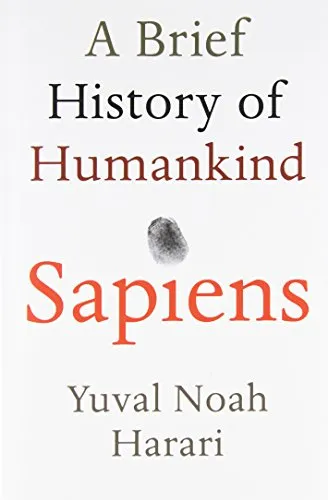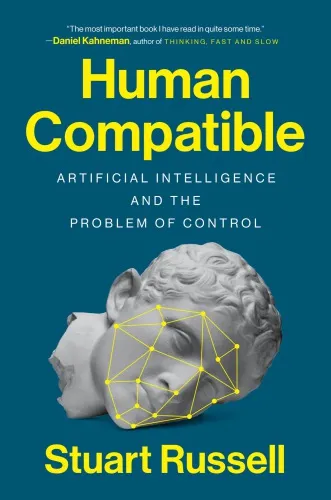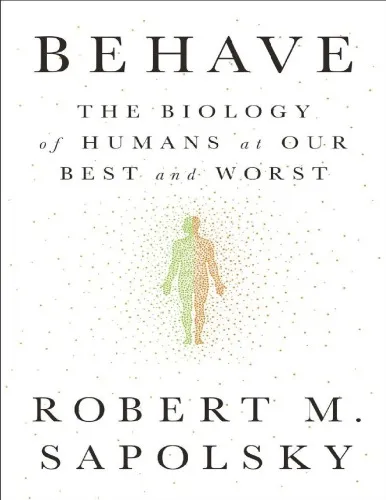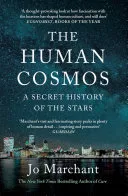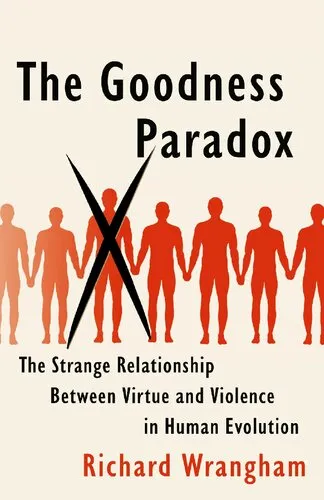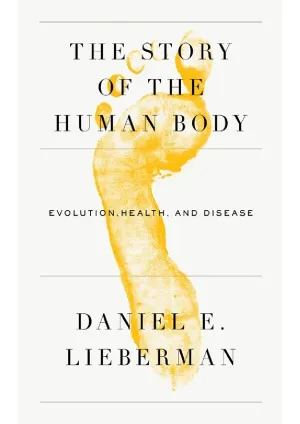Scientific American, 2005, August, Exclusive Online Issue: The Human Odyssey
4.0
Reviews from our users

You Can Ask your questions from this book's AI after Login
Each download or ask from book AI costs 2 points. To earn more free points, please visit the Points Guide Page and complete some valuable actions.کتاب های مرتبط:
Introduction to "The Human Odyssey"
Welcome to "The Human Odyssey," an exclusive online issue from Scientific American published in August 2005. This special edition delves into the profound journey of human evolution, exploring the intricate complexities and awe-inspiring milestones that have shaped humanity's development over millennia. With contributions from leading scientists and researchers, this issue presents a comprehensive examination of our species' unique trajectory, from our ancient origins to our current standing in the natural world.
Detailed Summary
In "The Human Odyssey," readers are taken on an enlightening journey through time, beginning with the earliest signs of hominid existence. This issue covers pivotal discoveries that have redefined our understanding of human evolution, such as the fossil evidence supporting Africa as the cradle of humanity and the genetic revelations that outline our ancestral connections. Each article within the issue is crafted to provide insights into how environmental factors, natural selection, and random genetic mutations have driven the evolutionary processes that distinguish Homo sapiens from other life forms.
Discussions span a variety of themes including morphological changes, the development of tools and language, cognitive evolution, and the advent of culture and civilization. Particular focus is given to the parallels between ancient human migrations and their modern-day implications on biodiversity and genetics. Additionally, the issue highlights the role of interdisciplinary research, integrating anthropology, genetics, archaeology, and paleontology, to piece together the intricate mosaic of our past.
Key Takeaways
- The cradle of humanity is rooted in Africa, as evidenced by extensive fossil records.
- Human evolution is marked by significant anatomical, behavioral, and cognitive transformations.
- Advanced tool use and the development of language were pivotal milestones in human dominance.
- Migrations played a crucial role in the distribution of human genetic diversity across the globe.
- Modern human evolution is a continuous process influenced by cultural and technological advancements.
Famous Quotes from the Book
"Our evolutionary journey is a testament to the resilience and adaptability of humankind, showcasing the breathtaking possibilities that arise when curiosity meets ingenuity."
"The story of our past is etched in the fossils we unearth and in the genes we analyze, each strand connecting us not only to our ancestors but to the diversity of life on Earth."
Why This Book Matters
As the foundation of understanding human evolution continues to evolve, "The Human Odyssey" remains an essential resource for anyone interested in the story of human origins. The issue offers a holistic view of the scientific narratives that define who we are and encourages ongoing dialogue about our place in the natural world. By shedding light on the connections between our ancient past and imminent future, this exclusive issue remains relevant in fostering a deeper appreciation for the shared history of humankind.
Moreover, in an era where the interplay between genetics, environment, and lifestyle increasingly shapes individual and collective experiences, "The Human Odyssey" provides readers with a scientific baseline from which to explore the broader implications of evolution. Understanding this journey is critical not only for scientists but for anyone seeking perspective on human nature, potential, and responsibility in preserving the continuity of life on Earth.
Free Direct Download
You Can Download this book after Login
Accessing books through legal platforms and public libraries not only supports the rights of authors and publishers but also contributes to the sustainability of reading culture. Before downloading, please take a moment to consider these options.
Find this book on other platforms:
WorldCat helps you find books in libraries worldwide.
See ratings, reviews, and discussions on Goodreads.
Find and buy rare or used books on AbeBooks.
1323
بازدید4.0
امتیاز50
نظر98%
رضایتReviews:
4.0
Based on 0 users review
"کیفیت چاپ عالی بود، خیلی راضیام"
Questions & Answers
Ask questions about this book or help others by answering
No questions yet. Be the first to ask!


